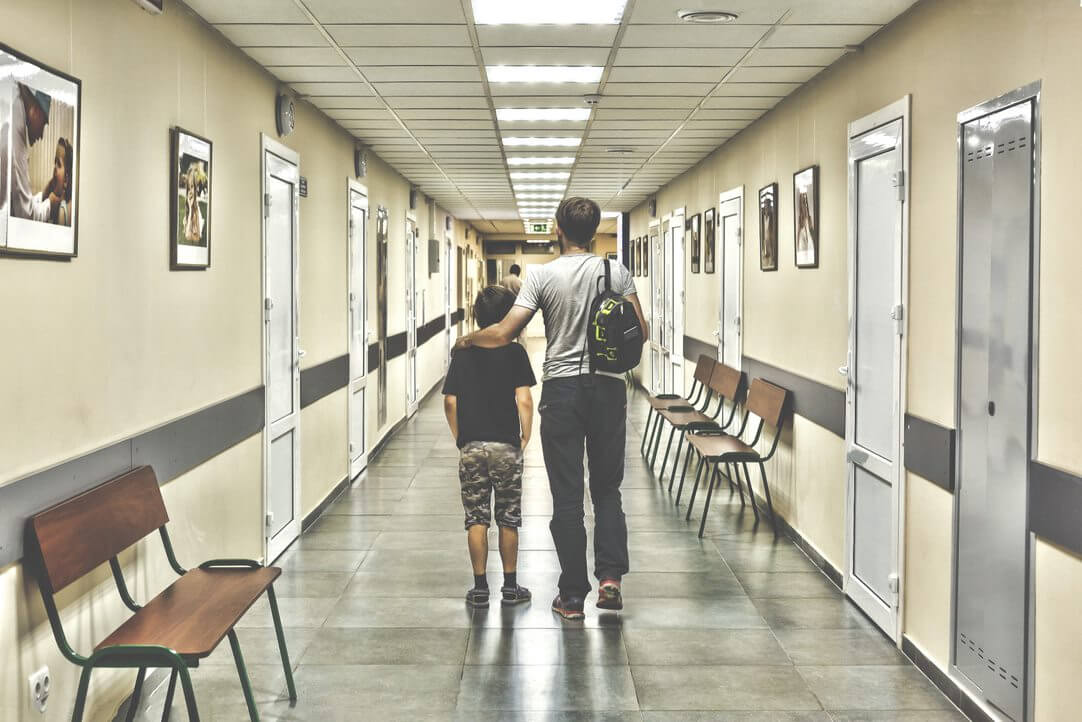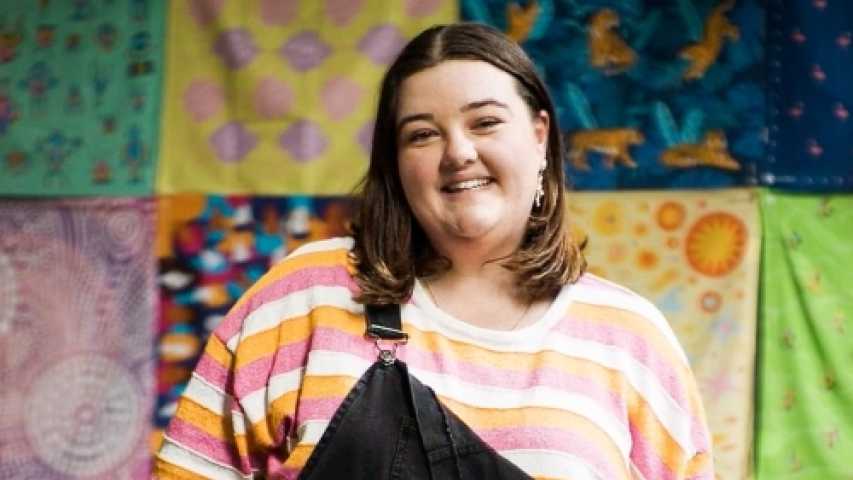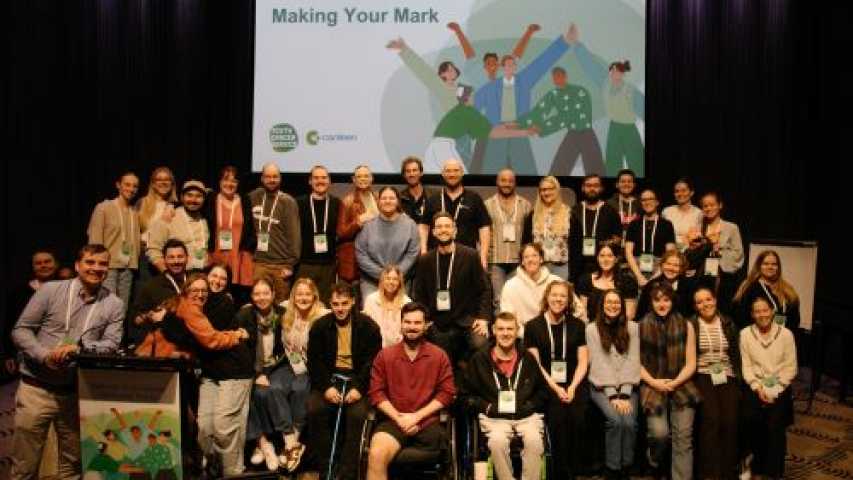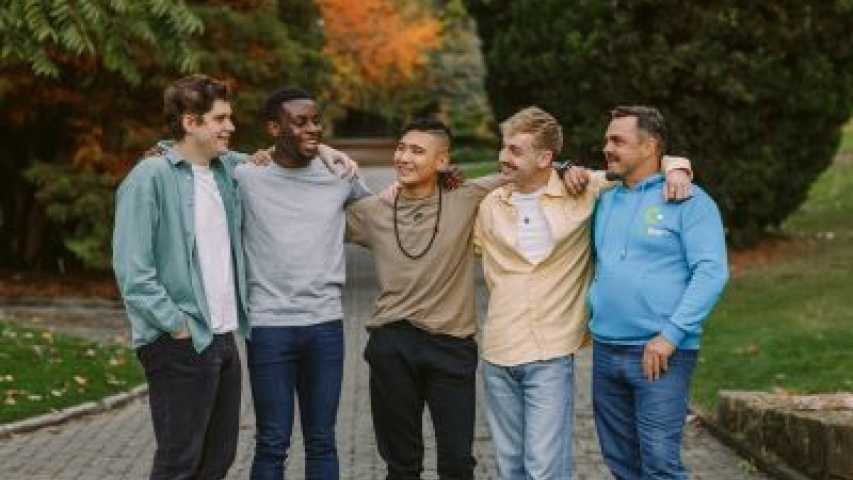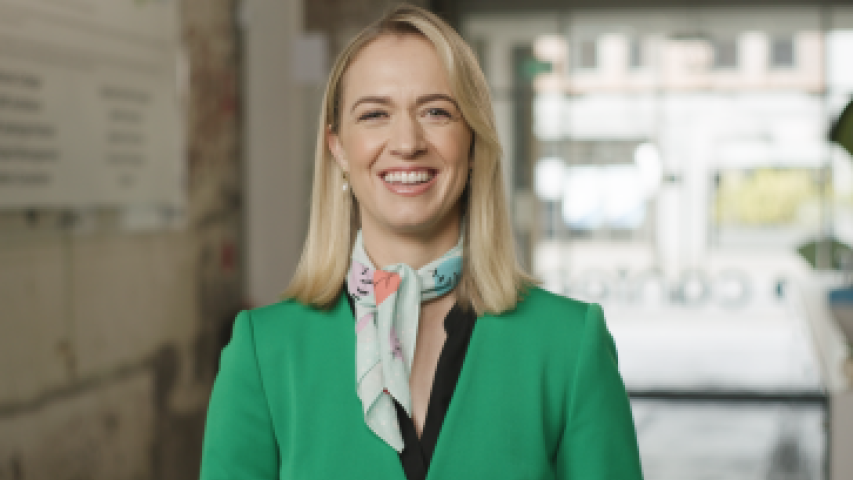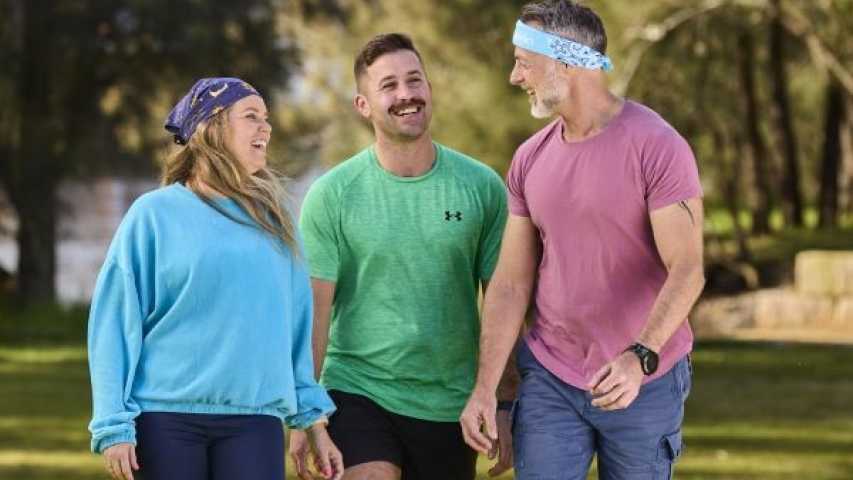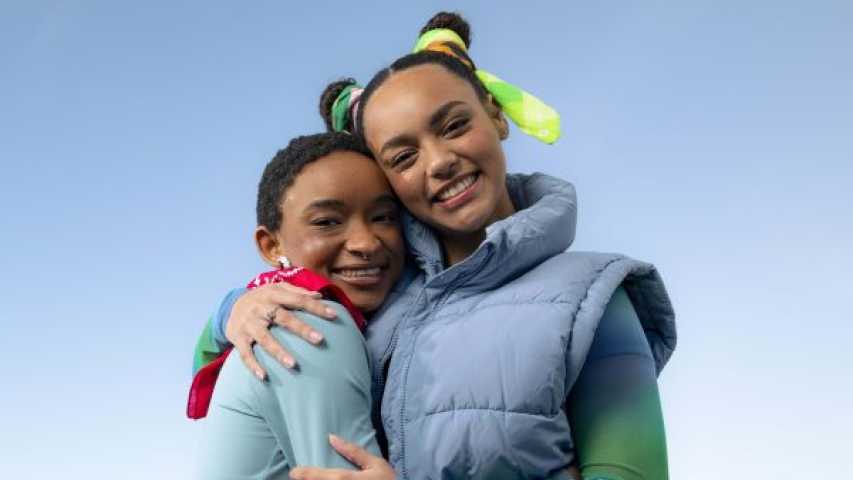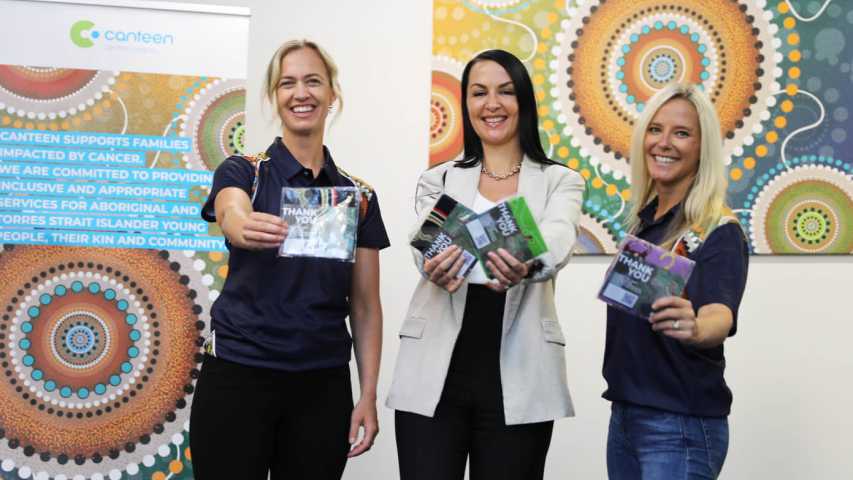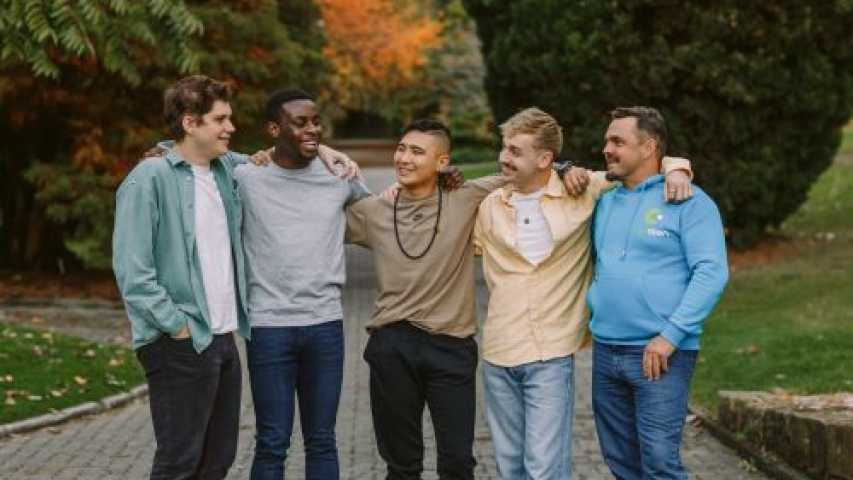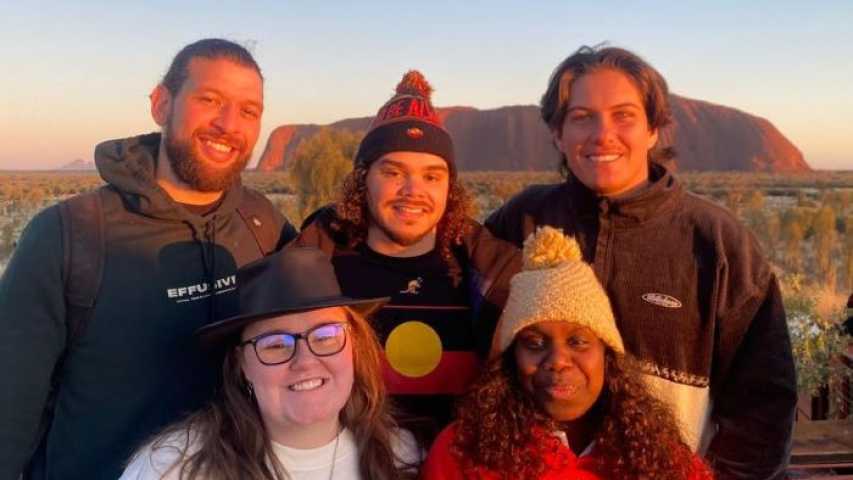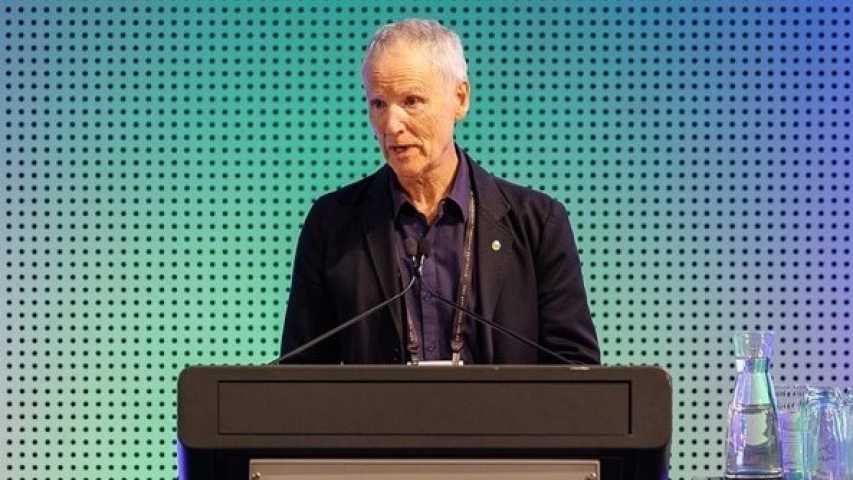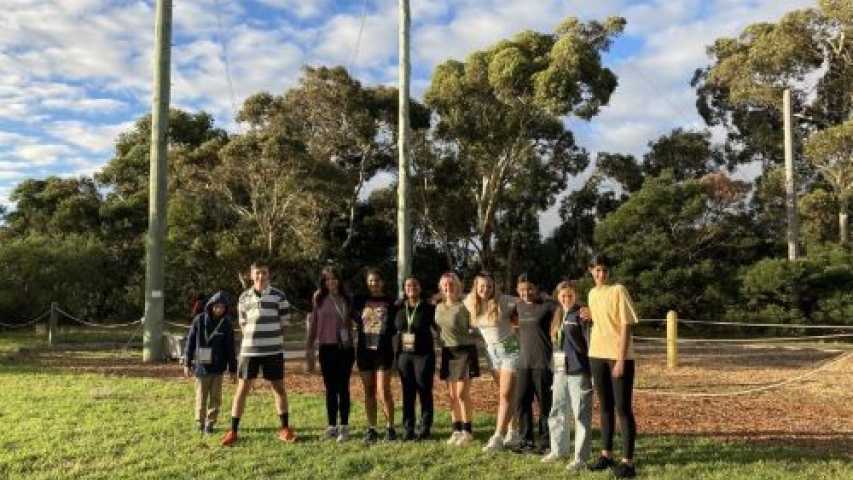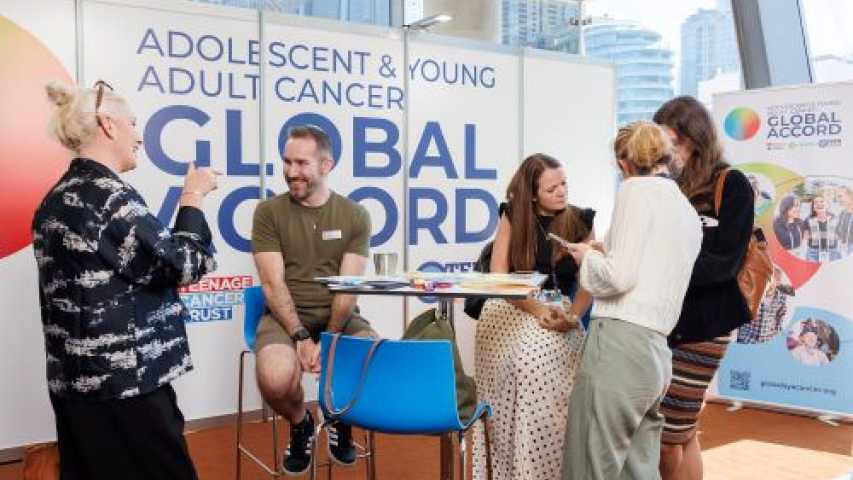Last month, Canteen’s research team was in Toronto, Canada, representing our organisation on a global stage.
The 2022 IPOS World Congress of Psycho-Oncology and Psychosocial Academy brought together experts from different fields to have conversations about how to improve cancer care at an international level. The event also looked at ways to address psychosocial issues in all aspects of cancer care.
We were joined by psychologists, social workers, patient advocates, dieticians, educators, researchers, academics, and many other professionals, all interested in supportive cancer care for patients and their families.
Canteen gave several presentations over the four days, both virtually, from Brisbane, and on the ground in Canada.
Our inclusion on the program highlights how much the work we’re doing at home is resonating with others in different fields, internationally, and we are looking forward to sharing our expertise in supporting adolescents and young adults (AYA) with cancer.
First, we highlighted our new research on the relationship between gender, living arrangements and distress for young people newly diagnosed with cancer. We know this group is a high-risk population, ahead of peers without cancer, or older adults with cancer. That’s why we’re looking into more ways to support and help.
Challenges faced by AYAs with cancer include disrupted peer and romantic relationships, increased risk of distress and mood disorders, educational and vocational disruption, body image and fertility concerns, impaired physical health, and conflicting needs for independence vs support.
Our survey looked at how gender, age, living situation and country relate to psychosocial outcomes, and we used the Adolescent and Young Adult Psycho-Oncology Screening Tool (AYA-POST) to assess distress. We found that young men who lived with their parents following a cancer diagnosis had less distress than those who lived alone or with other people. However, young women had similar levels of distress regardless of where they lived.
Next, we presented a literature review and stakeholder consultation we conducted to help us design a longitudinal research project about AYA cancer survivors. We know many who survive cancer are left with long term physical, emotional and developmental challenges that are secondary to diagnosis and treatment. However, there is a lack of existing research on the long-term psychosocial outcomes for this group, and who is most at risk. Utilising a multi-method, multi-informant approach to research design maximises the chance of achieving findings that will positively impact care and survivors.
We were also pleased to share details about Truce at the global conference. This seven-session Acceptance and Commitment Therapy (ACT) group program is for adolescents and young adults whose parent has cancer.
Sixty percent of AYA children of a cancer patient report clinically elevated levels of psychological distress, which is three to six times higher than the general AYA population. Our ACT therapy aims to build psychological flexibility and make room for the emotions that are there, rather than try to get rid of thoughts, feelings and sensations.
We found the Truce program extremely beneficial for both young people and their families because of the clear therapeutic benefits, peer connection and sharing, and the involvement of parents in the program. Importantly, we were able to show that the program reduces unmet needs in young people over and above the benefits of providing general support and information (‘treatment as usual’).
The evaluation of a novel model of care for parents diagnosed with cancer is another key area of interest we discussed at the conference.
Confidence in parenting ability and communication with the family can be areas of concern when a parent has cancer. To address this, a new cross-sector service – the parent support worker service – was implemented in three Australian hospitals to support parent patients, their partners and AYAs.
The parent support worker service provided psychoeducation, communication strategies, and practical support for parents impacted by cancer and their children, and referrals of AYAs to community-based support.
Our study looked at parents’ psychosocial and parenting outcomes - parenting concerns, self-efficacy in helping their children with cancer-related concerns, and psychological distress– before and after the service.
After the service, we found a decrease in psychological distress and distress related to parenting, while confidence in parental ability to help their child with cancer-related concerns significantly increased. Findings from this study evidence that the novel model of care has positive clinical implications for parents with cancer, their partners and AYA children and demonstrate that the coordination and integration of the health sector and community-based organizations is key to improve the quality of healthcare.
Our final presentation to the IPOS community discussed how we can better support the thousands of young people impacted by cancer every year in Australia, as well as all those affected across the globe.
We know AYAs impacted by their own cancer, or that of a family member, experience significant psychosocial impacts. Community-based support organisations can help by providing services to address these concerns.
We looked at the levels of distress and unmet needs experienced by AYA patients, survivors, siblings and bereaved young people who presented to Canteen. All groups had high levels of distress and needs when they first came to us. After 6-months of engagement with Canteen and the services we offer, such a counselling, or our online community, the majority experienced clinically meaningful improvements in distress, unmet needs, or both. This demonstrates the enormous potential for community organisations such as Canteen to make a real difference to young people’s lives when cancer crashes into them.




